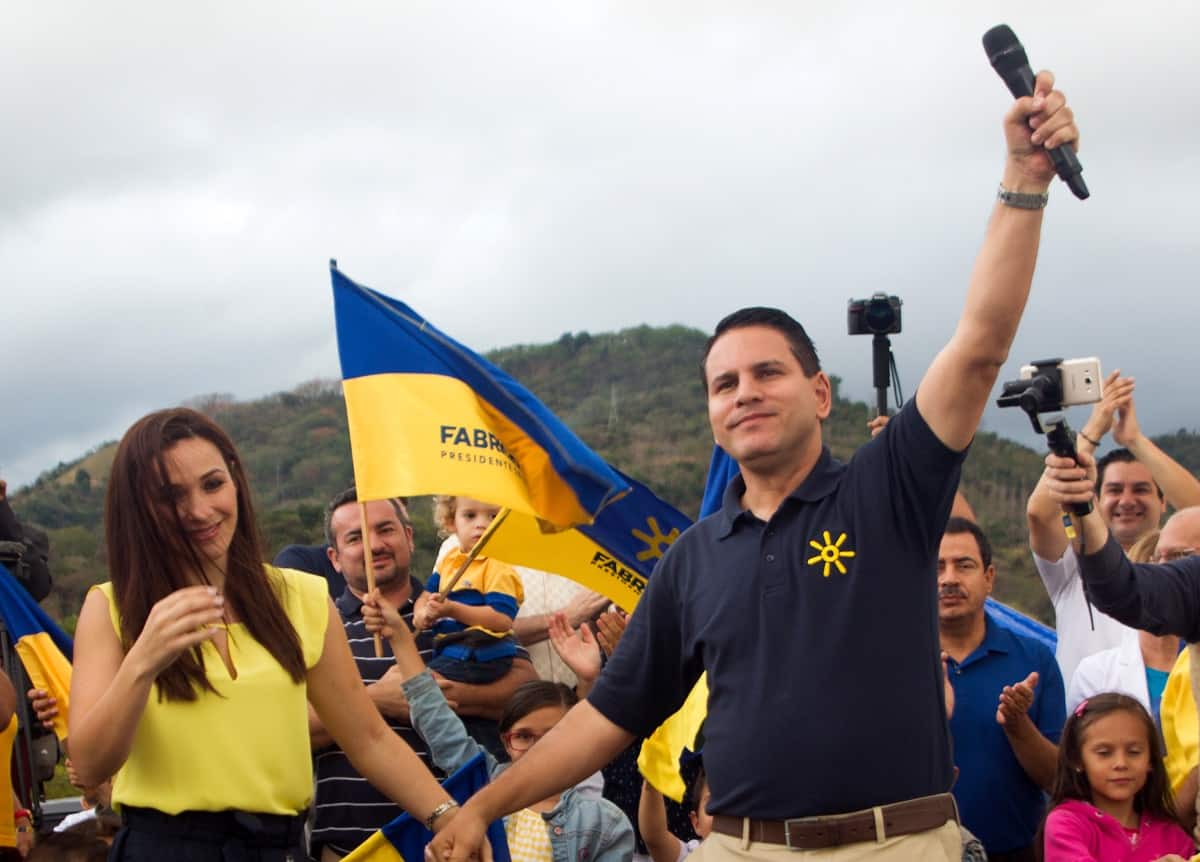The idea of Costa Rica as an oasis for gay and transgender people in Central America vanished in a single day.
The perception that Costa Rica was a LGBTQ-friendly and progressive society came to an end when an extremely conservative presidential candidate, Fabricio Alvarado, who also happens to be a renowned evangelical preacher, made it into the second round as the leading option with 24.91 percent of the votes. He was followed by progressive candidate Carlos Alvarado, who obtained 21.66 percent of the votes.
Although Costa Rica is internationally praised as the oldest continuous democracy in the Latin America and has generally appeared as one of the leading nations in the world’s Democracy Index, this year the country’s democracy was hit by a well-spread phenomenon around the world: a rise of extreme conservatism.
As radical politicians in the world usually do, the presidential candidate of the National Restoration Party (PRN) stepped out of the shadows through political discourse of hate addressed toward a particular minority: in this case, Costa Rica’s LGBTQ community.
Fabricio Alvarado’s intolerant, homophobic and bigoted tone was acutely accentuated after the Inter-American Court of Human Rights approved a legal consultation made by the current Costa Rican administration about legalizing same-sex marriage (the court ruled in favor of marriage equality). This decision would also give transgender people the right to change their legal genders. This vindication of the basic human rights of the LGBTQ community – specifically, the hope for legalization of same sex marriage – became the perfect political opportunity for Alvarado’s ultra-conservative views to spread like wildfire.
Since the first vote was held on Feb. 4, the LGBTQ community in Costa Rica has been living in a nightmare. Recent reports have shown that the number of hate crimes have increased drastically after the results of the first round. The PRN’s success has both legitimized hate speech and empowered those who hate but had never encountered a political space to show it.
With a very radical agenda against the LGBTQ community, Alvarado makes U.S. Vice President Mike Pence seem like a nice man. In a recent interview, Fabricio Alvarado even said, “People who want to get out of homosexuality must have a space where they can be treated and restored.” His speech not only is filled with hate but also pathologizes LGBTQ people as “sick” individuals who need intervention to be saved and healed. We need to be wary of language that promotes violence and infringes on the most basic rights. Alvarado’s words are definitely an example of such destructive, hateful and divisive rhetoric .
Sadly, is not just the presidential candidate who is extremely homophobic. In a public interview, his vice presidential candidate Francisco Prendas said that the PRN would not appoint gay people for any positions in the Cabinet or any other public posts. Alvarado himself said that one of his first actions as president would be to expunge the decree signed by current President Luis Guillermo Solís against discrimination toward LGBTQ people in public institutions.
According to Alvarado, the current administration has forced Costa Rica into a “gender ideology” outlook, in part by implementing a new sex education program that Alvarado argues promotes homosexuality. However, in a country where more than 14,000 teenagers become pregnant annually, sex education is a key element in overcoming poverty. Another important element brought up in the sex ed program is the prevention of bullying against LGBTQ people and questioning of gender stereotypes to avoid patriarchal behaviors.
Many foreigners may ask themselves why Costa Ricans are supporting an extremely conservative movement. The answer is very simple: as long as is poverty and lack of education remain, people will keep discriminating against others on the basis of their skin color, gender, class, nationality, religion, legal status and sexual orientation. People do not tend to engage in such polarizations when their country is doing well, but in times where the future looks uncertain people fear the unknown. Blaming “the other” seems the way to provide answers to complex matters.
Still, there is still a beacon of hope. Carlos Alvarado may win the second round and Costa Rica will show once again to the world that it is a country where peace prevails. Unfortunately, even if Fabricio Alvarado is elected president, the Costa Rican LGBTQ community is going to have to fight the 14 PRN legislators who already won seats at the Legislative Assembly in order to guarantee their rights and build a better future for the upcoming generations.
If we do not organize, agitate and educate as a society, ignorance will keep feeding these extreme movements, allowing extremely conservative haters to rise to power. It’s time for us to stand together in solidarity.
Jorge Solano holds a master’s degree in International Affairs from the Institute of Political Studies of Paris (Sciences Po, Paris).
What’s your take on the latest news in Costa Rica, or issues in your community? Submit your op-ed (no more than 1,000 words, please) and a brief bio to kstanley@ticotimes.net.








